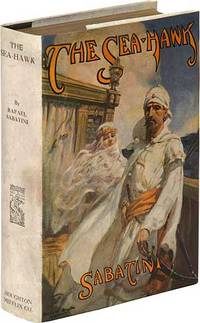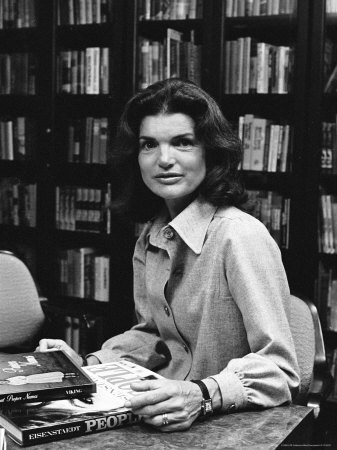 |
| The Sea-Hawk by Rafael Sabatini. A bestseller in 1923. |
Does anyone read the work of these authors today? Linda Aragoni does. Since 2007, Aragoni has been reviewing long ago bestsellers for her blog Great Penformances. Aragoni addresses only books written after 1900 but none less than fifty years old. She crafts her pithy reviews in terms of how the story would appeal to today's readers.
"In some ways, reading older fiction is like reading history only it's history on the personal level," Aragoni explained to The Committee Room. "Vintage fiction takes us back to another time, gives us not only facts about what happened and how people lived, but what mattered to them and why it mattered."
An editor, writer, and writing instructor based in Upstate New York, Aragoni reviewed older novels for a local weekly newspaper. "I just picked up whatever was handy at the library and that was the book I reviewed," Aragoni told TCR. After starting Great Penformances she began to read more systematically.






